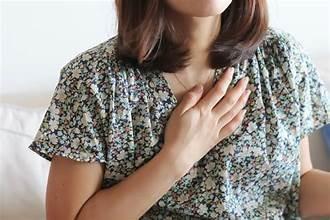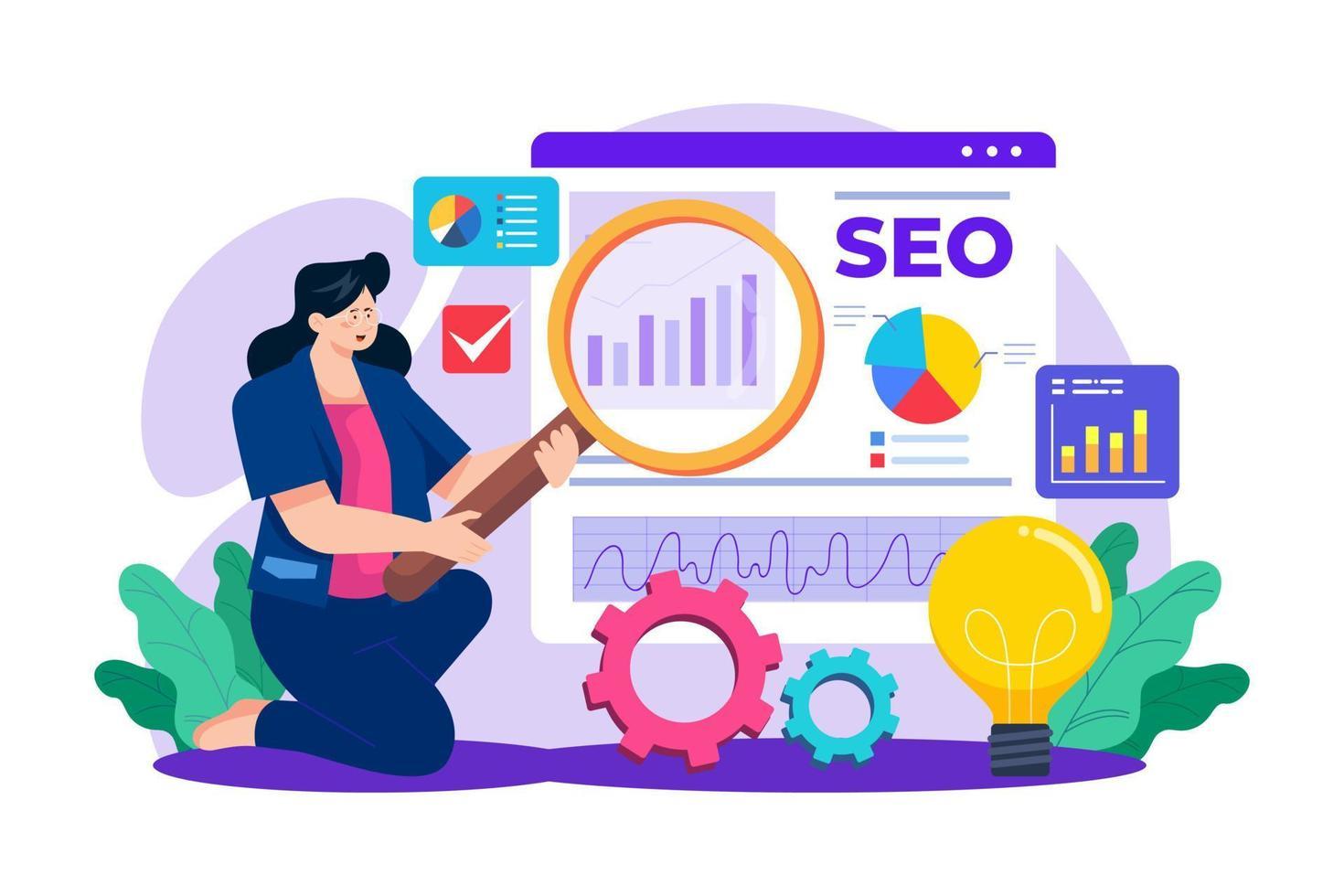Why You Feel Shortness of Breath After Eating

Why You Feel Shortness of Breath After Eating
Experiencing shortness of breath after food can be an alarming and uncomfortable feeling. Many people notice this symptom occasionally, while for others, it may become a frequent concern. Understanding the reasons behind this condition, when to worry, and how to manage it can help you breathe easier — both literally and figuratively.
In this detailed guide by The Web Health, we’ll explore what causes shortness of breath after eating, potential underlying health issues, treatment options, and preventive steps you can take.
Understanding Shortness of Breath After Eating
Shortness of breath, also known as dyspnea, refers to difficulty breathing or a feeling of not getting enough air. When this occurs after eating, it’s typically linked to pressure on the diaphragm, digestion-related processes, or certain medical conditions that affect breathing.
This issue can be mild and temporary or, in some cases, a symptom of an underlying health condition. Recognizing the cause is the first step to finding relief.
Common Causes of Shortness of Breath After Eating
1. Overeating
Eating large meals can cause your stomach to expand, putting pressure on the diaphragm — the muscle that helps you breathe. This pressure restricts lung expansion, leading to shortness of breath.
Key Point: Avoid heavy meals; instead, eat smaller, more frequent portions to reduce pressure on your lungs and stomach.
2. Acid Reflux (GERD)
Gastroesophageal Reflux Disease (GERD) is one of the most common causes of post-meal breathing difficulty. When stomach acid travels up into the esophagus, it irritates the airways and can make breathing difficult.
Key Point: Avoid lying down immediately after eating and limit spicy, acidic, or fatty foods that trigger reflux.
3. Food Allergies
Allergic reactions to certain foods can cause inflammation of the airways, leading to breathing problems. Common allergenic foods include shellfish, nuts, dairy, and wheat.
In severe cases, this may trigger anaphylaxis, a life-threatening allergic reaction that requires immediate medical attention.
Key Point: Identify and avoid foods that cause allergic symptoms, and always carry prescribed medication if you have food allergies.
4. Asthma
For people with asthma, certain foods or overeating can trigger flare-ups. The act of eating itself may not directly cause asthma, but it can worsen symptoms in those already prone to breathing difficulties.
Key Point: If you experience wheezing or tightness in your chest after meals, discuss asthma management strategies with your doctor.
5. Obesity
Excess weight increases pressure on the lungs and diaphragm, especially after eating. This makes breathing more difficult and can cause a feeling of tightness or breathlessness.
Key Point: Maintaining a healthy weight through diet and exercise can significantly reduce post-meal shortness of breath.
6. Heart Conditions
Sometimes, shortness of breath after eating can be linked to heart problems, such as heart failure or coronary artery disease. When the heart doesn’t pump efficiently, fluid can build up in the lungs, making breathing harder — particularly after large or high-sodium meals.
Key Point: If your shortness of breath is accompanied by chest pain, dizziness, or swelling in your legs, seek medical attention immediately.
7. Hiatal Hernia
A hiatal hernia occurs when part of the stomach pushes through the diaphragm into the chest cavity. This can cause both digestive discomfort and breathing difficulty after eating.
Key Point: Smaller meals, avoiding tight clothing, and sleeping with your head elevated can help relieve symptoms.
8. Lung Conditions
Conditions like chronic obstructive pulmonary disease (COPD) or pulmonary fibrosis can make it harder to breathe comfortably, especially after eating. Digestive strain can worsen breathing difficulties in individuals with pre-existing lung problems.
Key Point: If you already have a lung condition, work with your healthcare provider to adjust your meal sizes and medications.
Symptoms That May Accompany Shortness of Breath
When experiencing breathing issues after meals, you might also notice:
-
Chest discomfort or tightness
-
Burping or bloating
-
Coughing or wheezing
-
Nausea or heartburn
-
Fatigue after eating
Tracking these symptoms can help your doctor identify the root cause more accurately.
When to See a Doctor
Occasional mild shortness of breath after eating is usually not serious. However, you should seek medical advice if you experience:
-
Persistent or worsening shortness of breath
-
Chest pain or irregular heartbeat
-
Swelling in legs or ankles
-
Fainting or dizziness
-
Difficulty swallowing or severe acid reflux
These could indicate an underlying condition that requires professional treatment.
Diagnosis and Medical Evaluation
If you visit a doctor for shortness of breath after meals, they may perform:
-
Physical Examination: Listening to your heart and lungs
-
Blood Tests: To check for anemia or infection
-
Chest X-ray or CT Scan: To assess lung and heart condition
-
Endoscopy: To check for reflux or hiatal hernia
-
Allergy Tests: To rule out food-related reactions
Identifying the cause is essential to finding the most effective treatment.
Treatment Options
1. Lifestyle Changes
-
Eat smaller, more frequent meals
-
Avoid lying down within 2–3 hours after eating
-
Limit foods that cause bloating or reflux
-
Maintain good posture during and after meals
-
Lose excess weight if necessary
2. Medical Treatments
Depending on the diagnosis, your doctor may recommend:
-
Antacids or acid reducers for GERD
-
Inhalers or asthma medications for respiratory causes
-
Allergy medications for food sensitivities
-
Heart medication if the issue is cardiovascular
3. Breathing Exercises
Practicing slow, deep breathing can help regulate your oxygen intake and relax your diaphragm after eating. Yoga and mindfulness breathing exercises can also help manage anxiety-related shortness of breath.
Preventive Tips
-
Drink water before meals, not during
-
Avoid carbonated drinks that cause gas buildup
-
Keep a food journal to identify triggers
-
Manage stress, as anxiety can worsen breathing difficulties
-
Sleep with your head slightly elevated if reflux is a concern
Home Remedies for Relief
If your shortness of breath is mild and related to digestion, these simple remedies can provide relief:
-
Sip warm water or herbal tea after meals
-
Use ginger or peppermint to soothe the digestive tract
-
Apply a warm compress to the abdomen to relax stomach muscles
-
Practice slow breathing techniques for relaxation
Key Takeaways
-
Shortness of breath after food is often caused by overeating, acid reflux, or other digestive and respiratory issues.
-
Eating smaller meals and maintaining a healthy weight can prevent symptoms.
-
Persistent or severe shortness of breath should never be ignored — consult a healthcare professional.
-
Early diagnosis and lifestyle adjustments can make a significant difference in improving your breathing and overall health.
Final Thoughts
Feeling breathless after eating can be unsettling, but understanding the root cause is the key to effective management. Whether it’s due to digestion, allergies, or an underlying health condition, identifying triggers and making small lifestyle changes can lead to noticeable improvements.
At The Web Health, our mission is to provide trustworthy, easy-to-understand information that helps you take charge of your health. If you experience consistent shortness of breath after meals, don’t ignore it — consult your doctor to ensure your breathing and digestive health stay strong and balanced.







